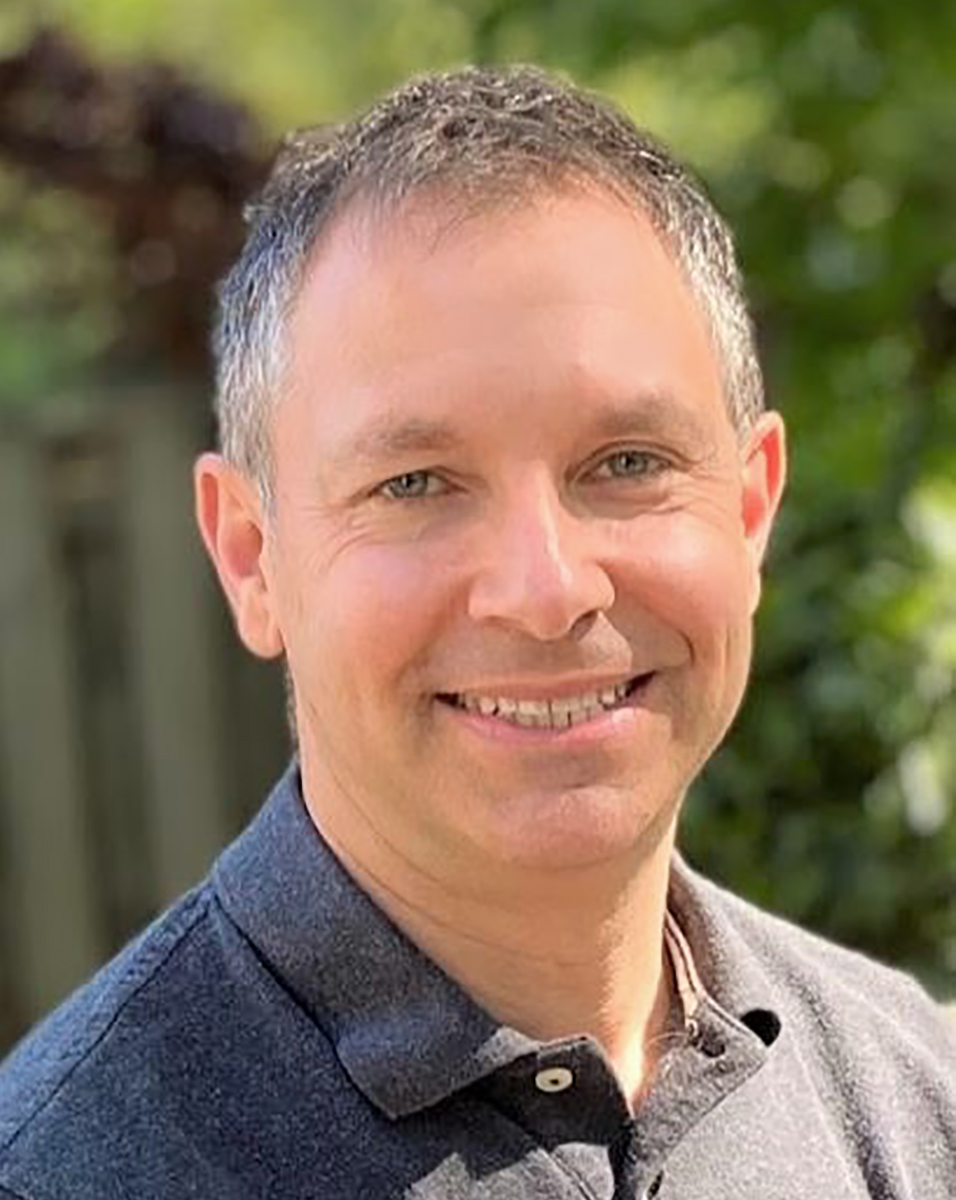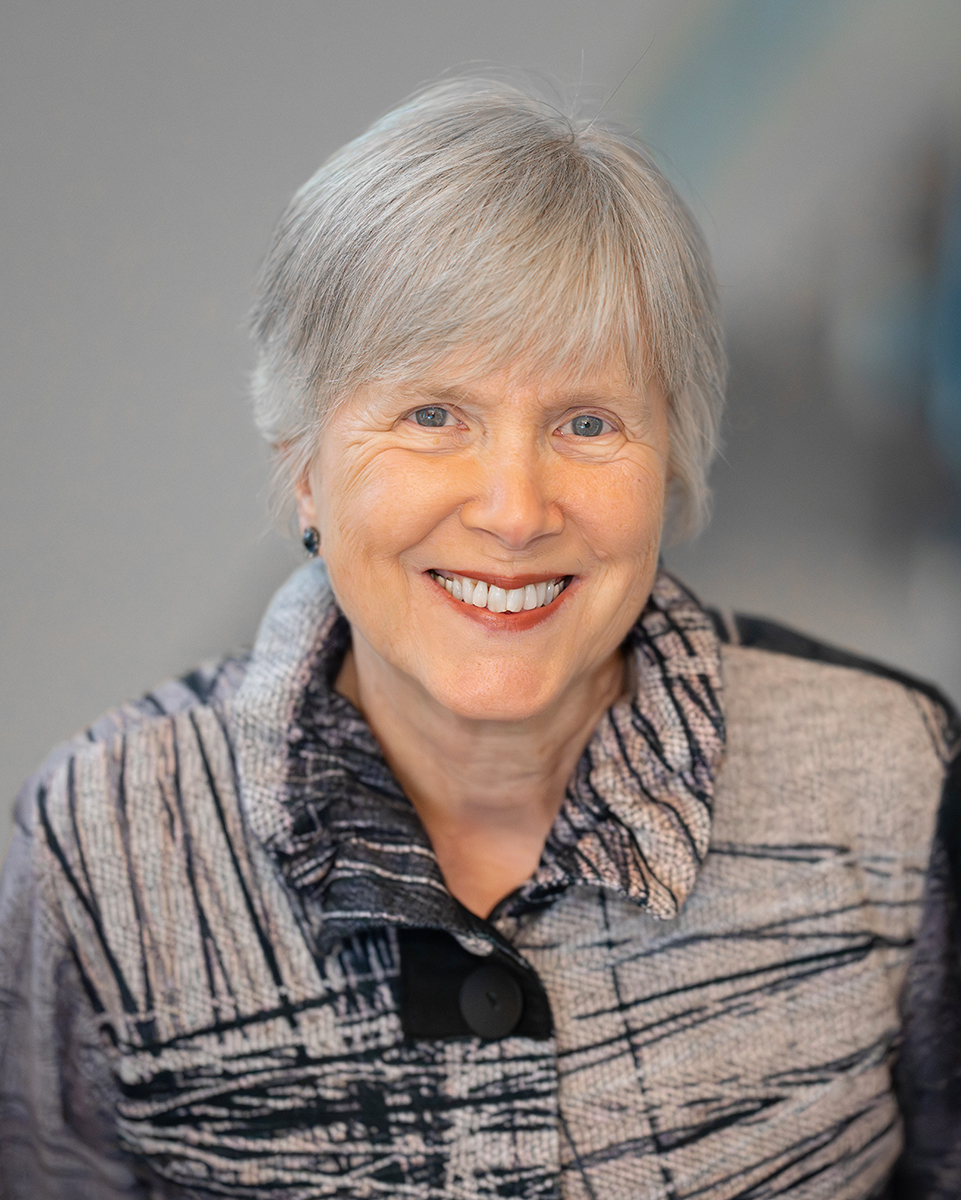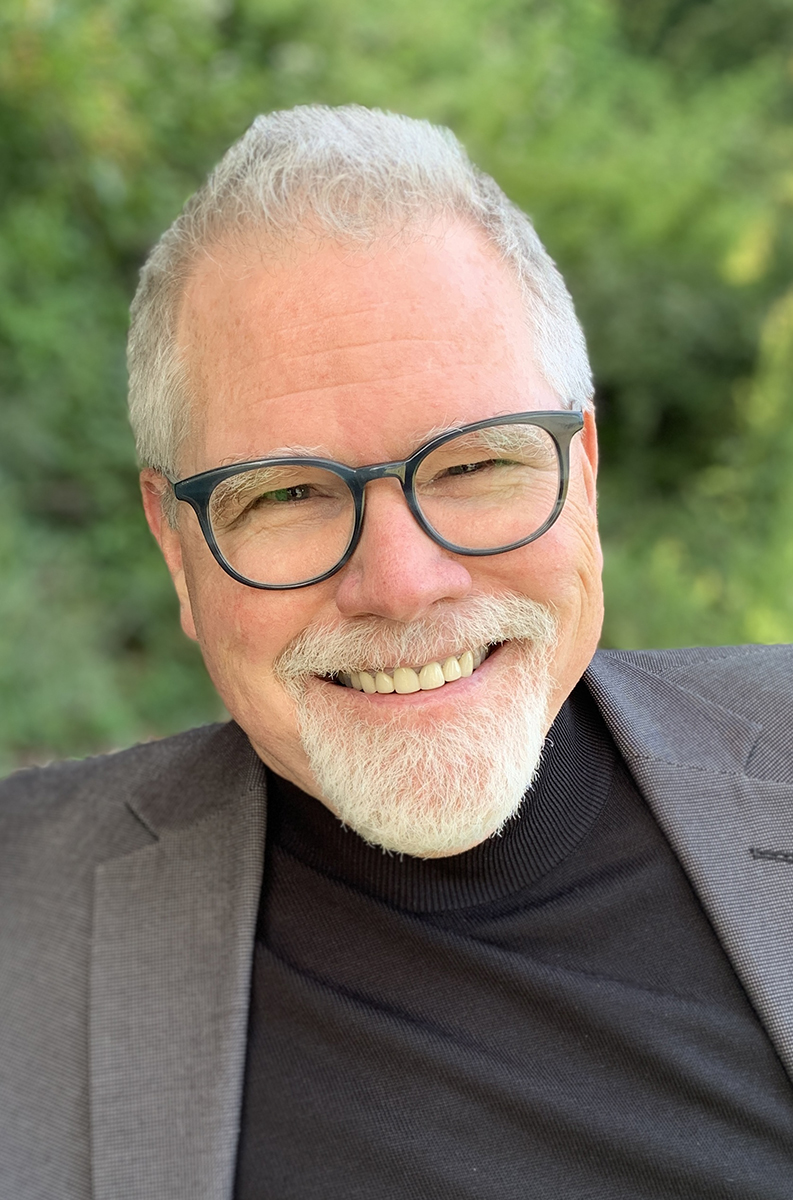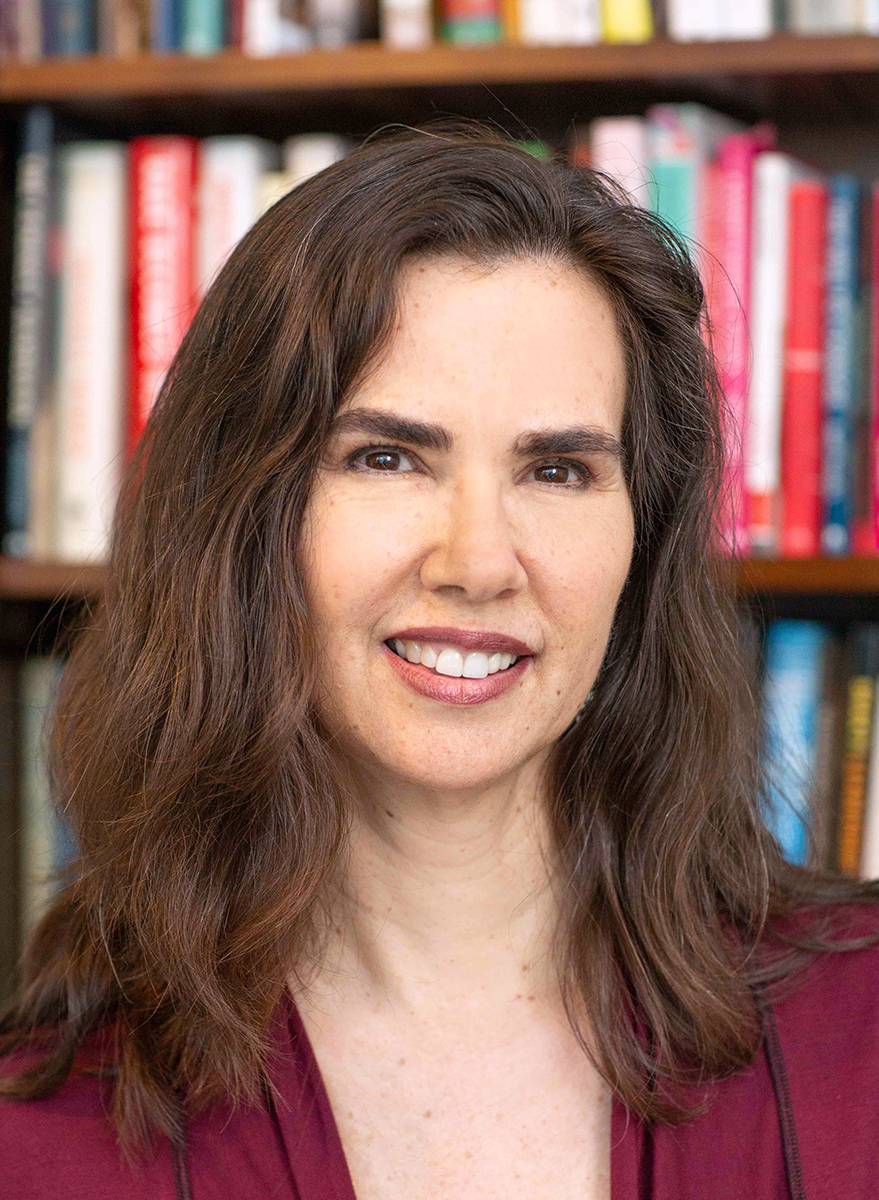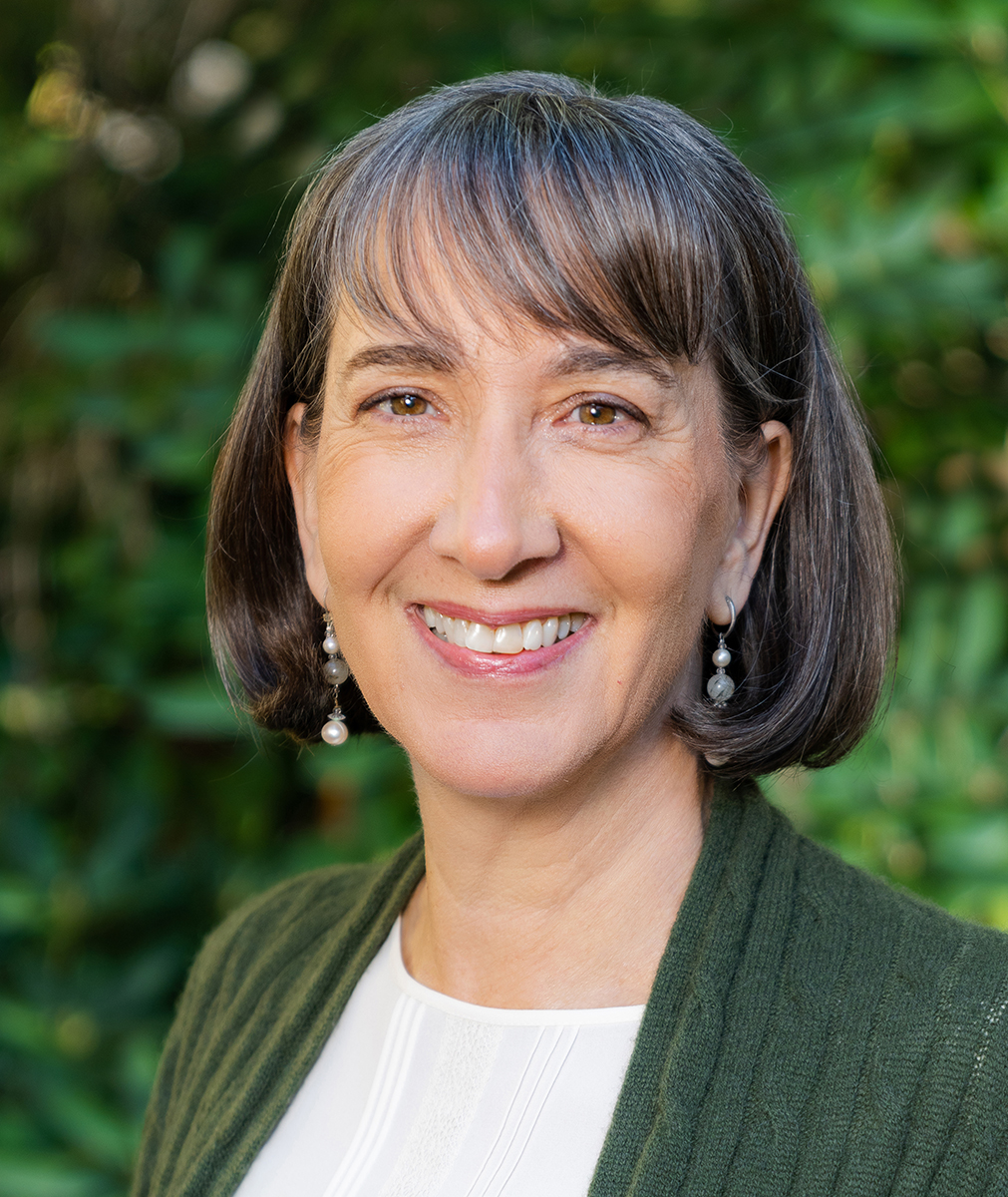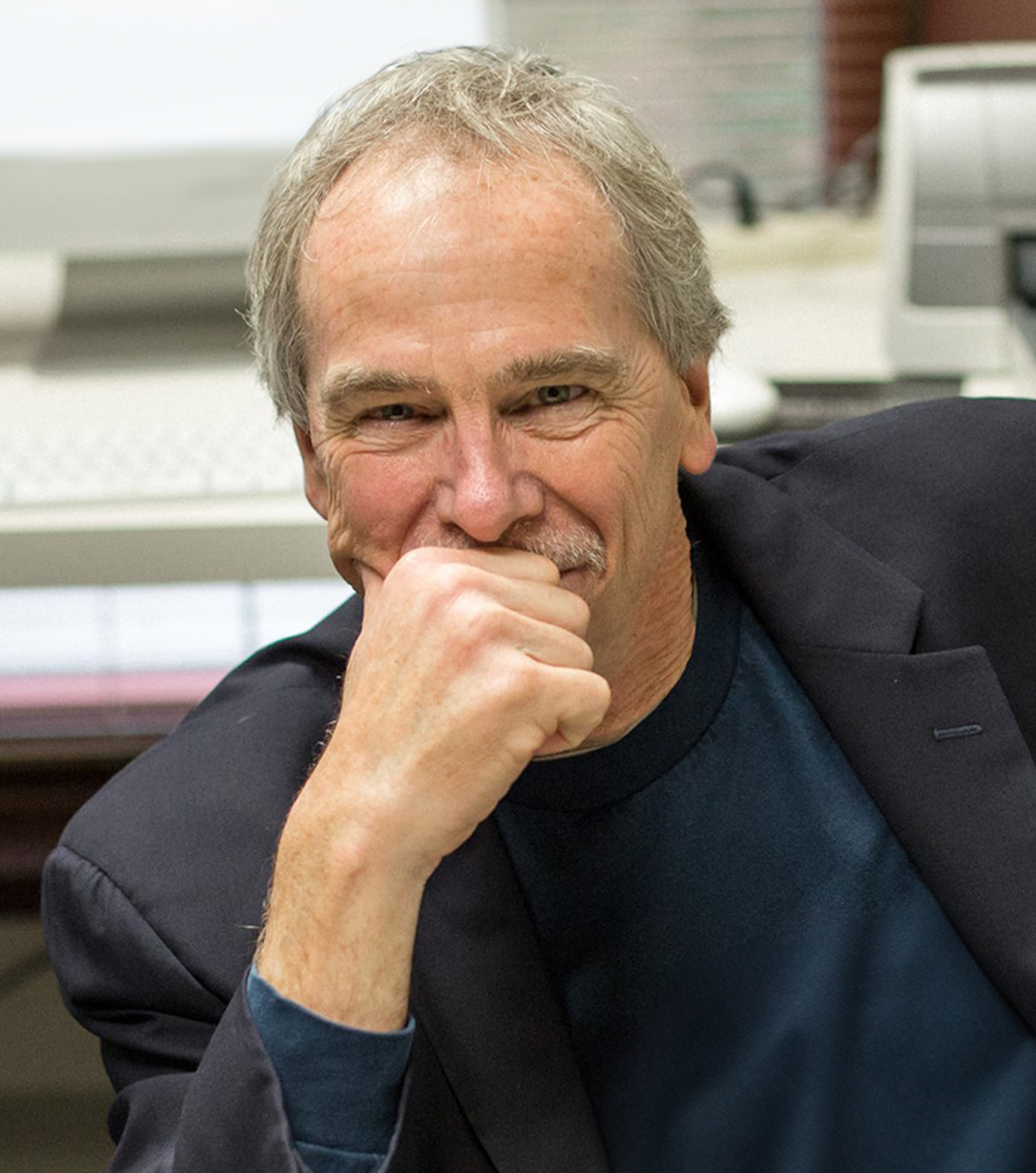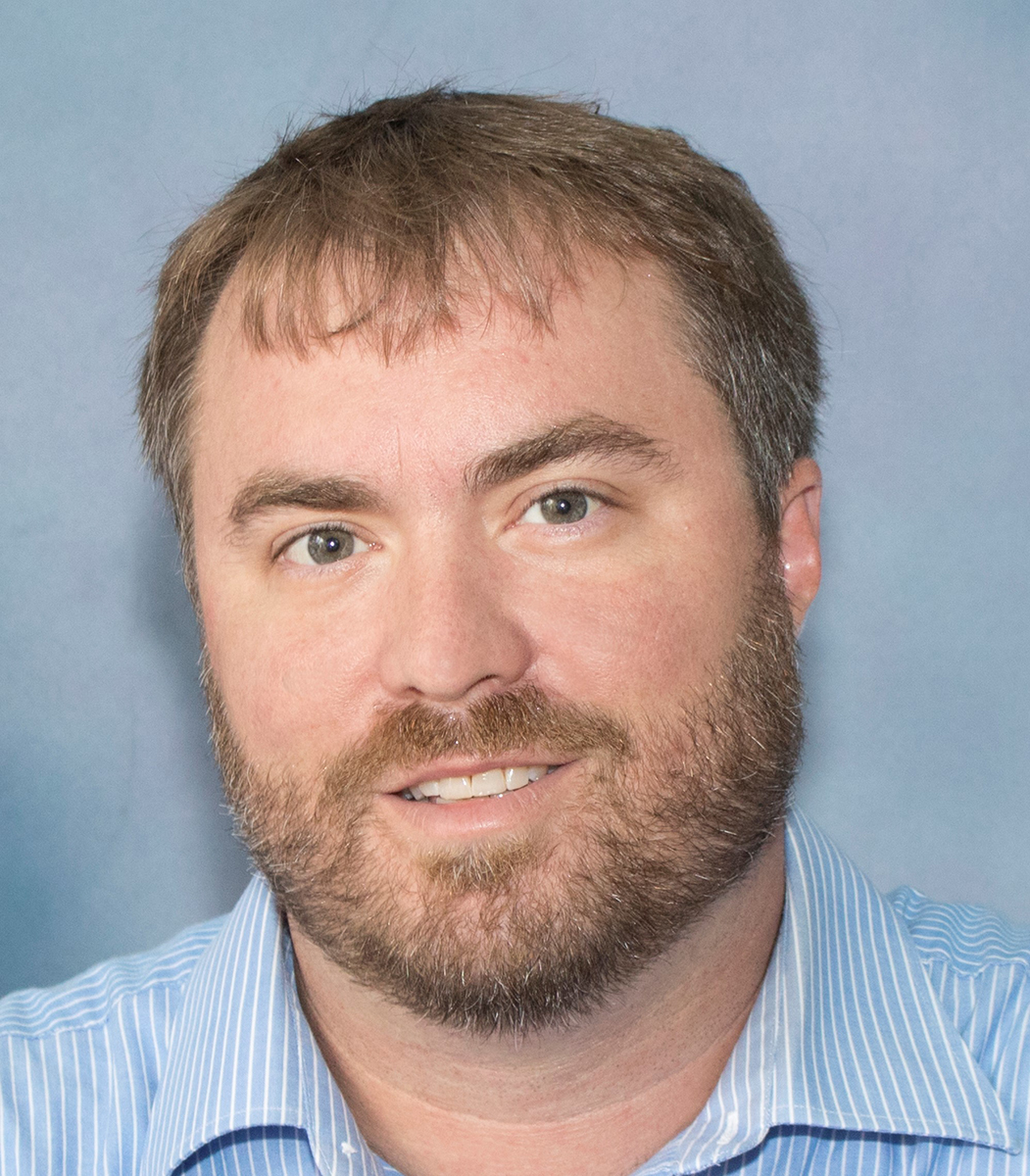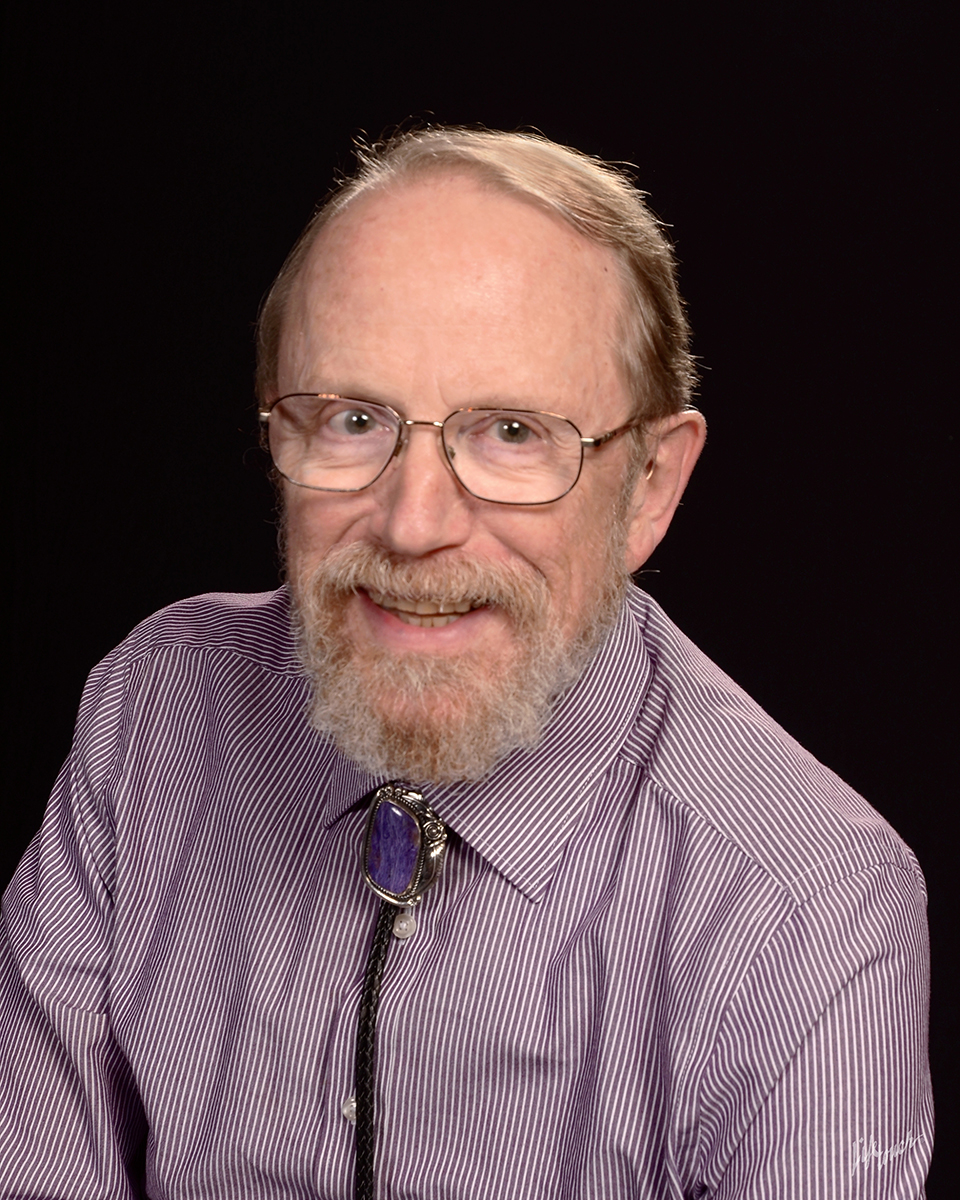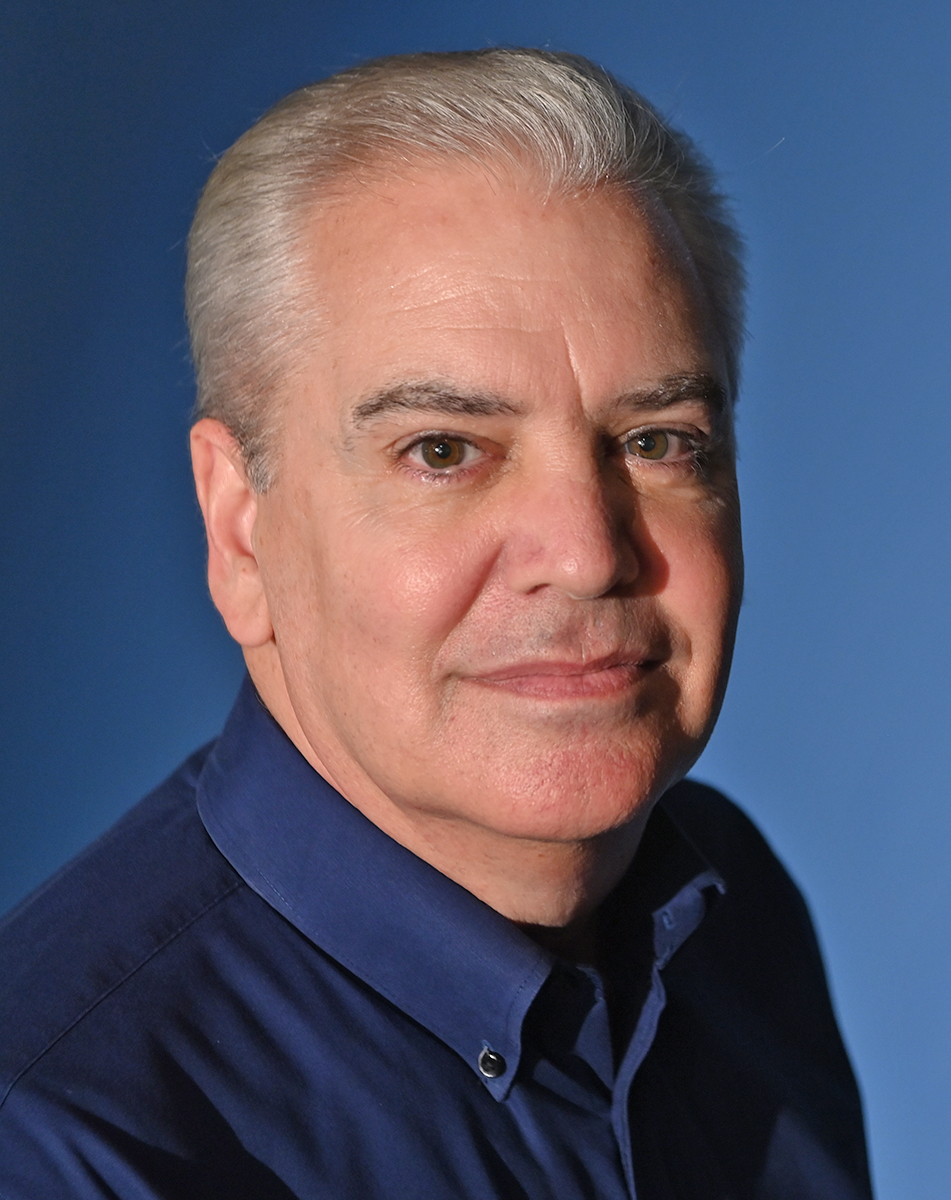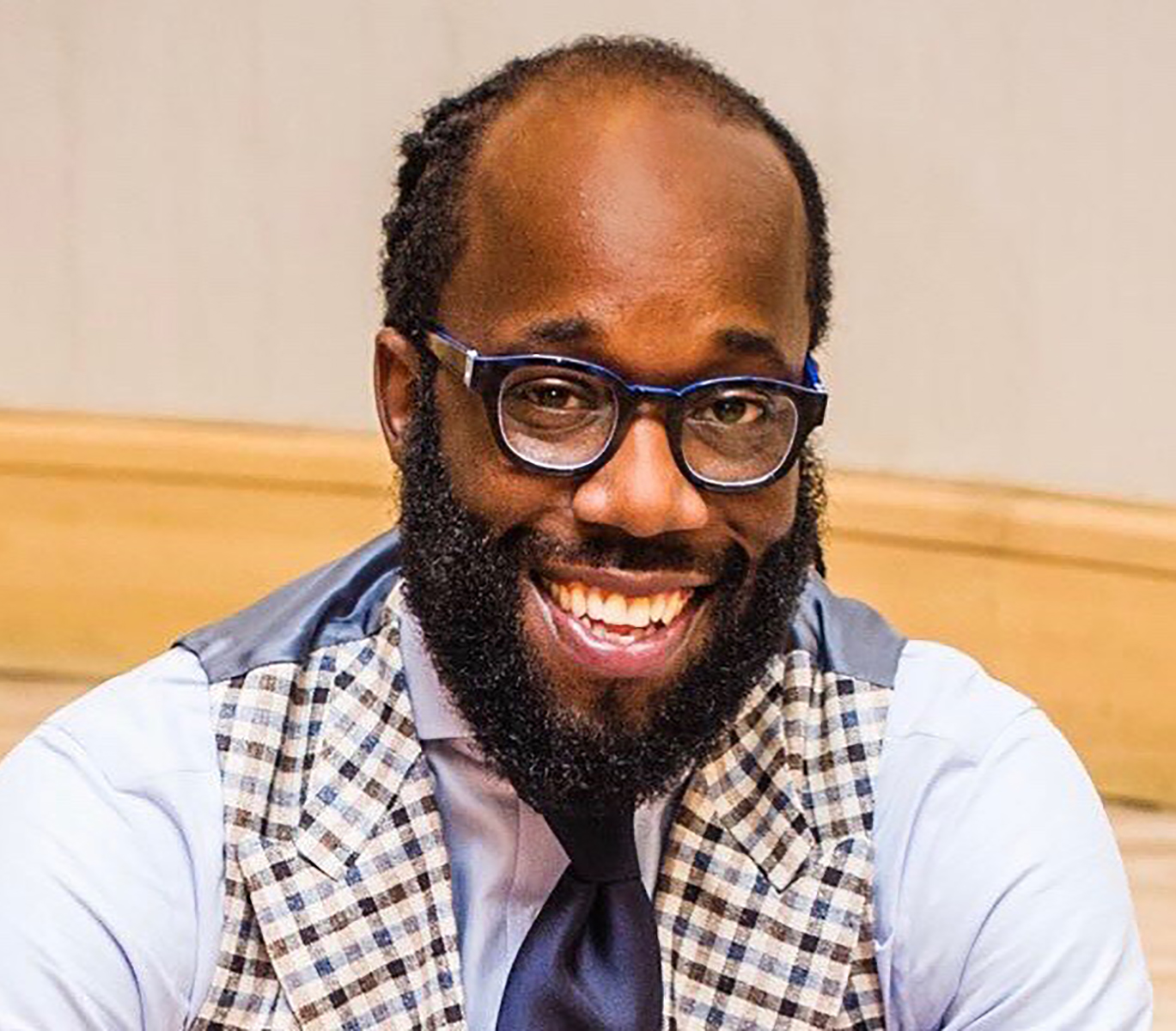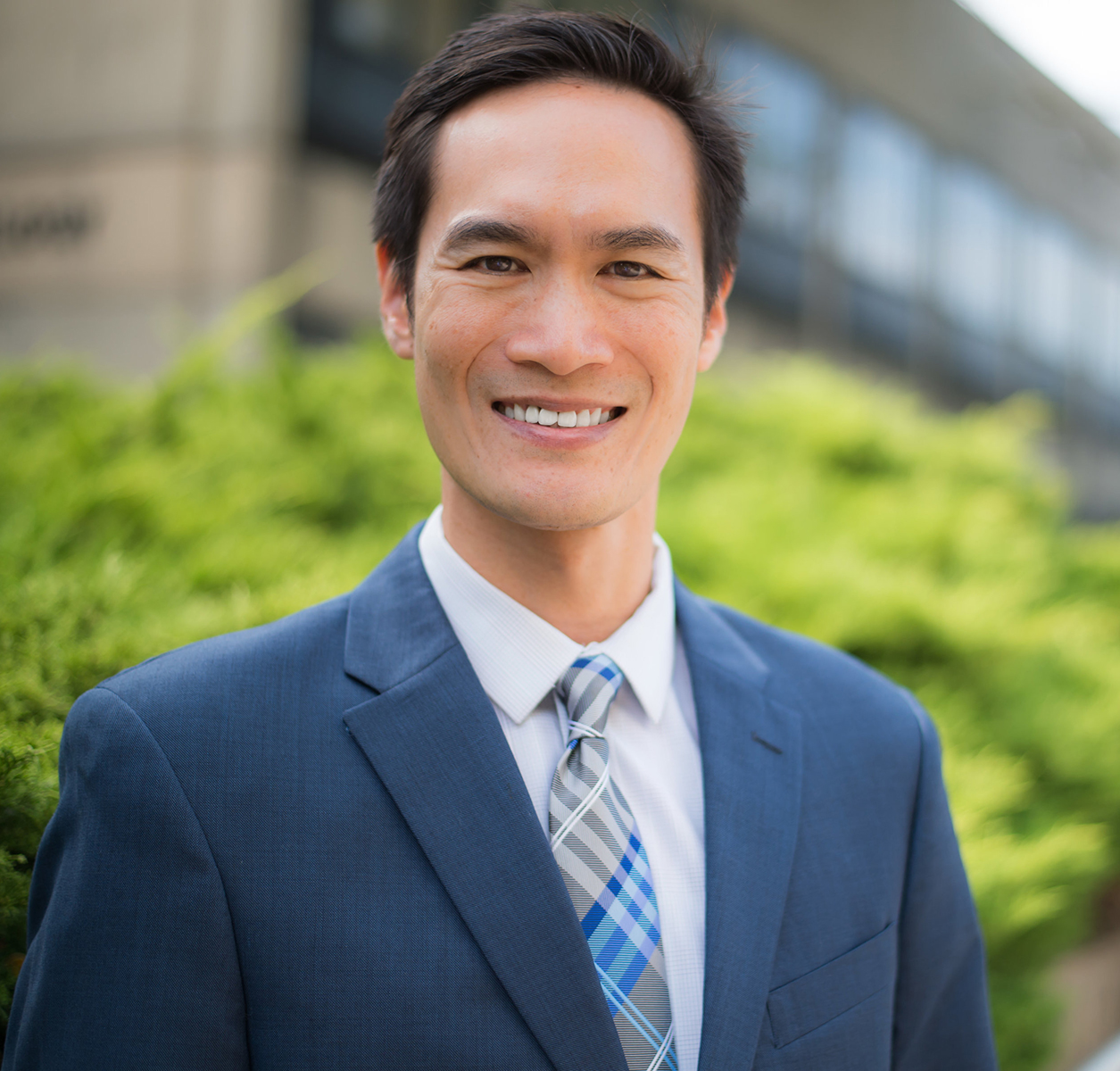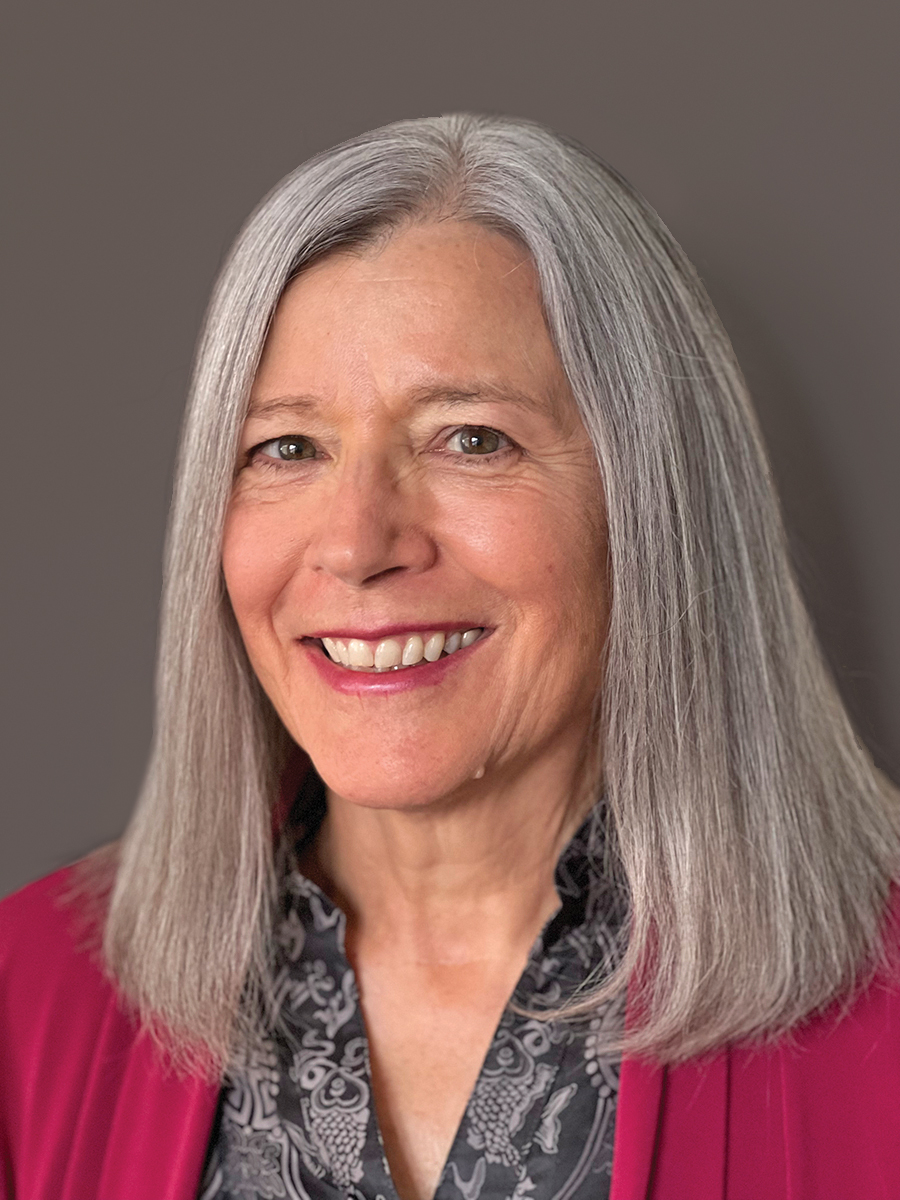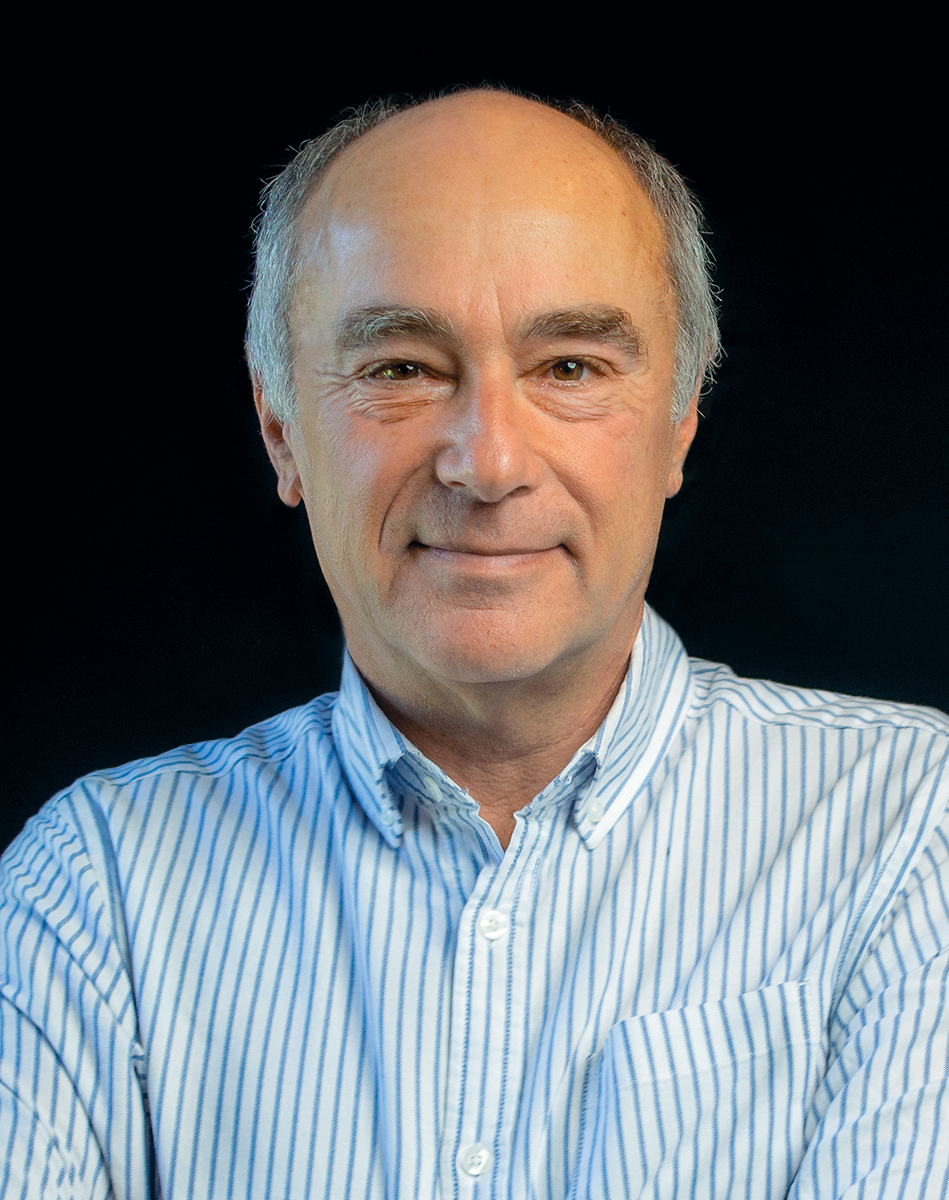Q&A with the Author
- What made you decide to write this book?
- What was the hardest part of writing it, and what was the easiest?
- What is one important lesson or message you hope readers take away from the book?
- Are there any other books that greatly influenced your writing process and/or your research?
- What led you to your specific area of study (the subject of your book)?
- Tell us one fascinating thing about the topic.
- Are there any common misconceptions about the topic?
- What advances do you hope we will see in the next 10 years?
- What made you decide to go into the field of Education?
- When you are not working, what do you do for fun?
- What is your all-time favorite book?
- Is there a project that you are excited to work on next? (A presentation, a workshop, writing another book, etc.)
Tell us more about your latest book!
What made you decide to write this book?
First, let me say that I wrote Exposure Therapy for Anxiety, Second Edition with two wonderful co-authors: Brett Deacon and Stephen Whiteside. The three of us worked together on many research and clinical projects when we were all at the Mayo Clinic Anxiety Center about 15 years ago. I miss those days, but even though we've all moved on to bigger and better things, we keep in close contact because of our interests in anxiety disorders and their treatment.
We decided to write this book back in the early 2000s because we noticed that most treatment manuals for different anxiety disorders included exposure therapy in its different forms but there was no single book focusing on exposure as an empirically supported psychological treatment. We are not fans of the DSM, and instead wanted to reinforce the use of empirically supported mechanisms of change that can be used across the so-called "anxiety disorders."
The first edition of this book came out in 2011, but there have been important developments in the field in the ensuing years. This motivated us to write the second edition, which has been substantially updated from the first. Most apparently, in the new edition we focus on inhibitory learning models of exposure therapy and put less emphasis on the habituation/emotional processing model. We have also added chapters on ACT-based exposure therapy and the use of technology with exposure. We think readers will find this book substantially updated from the first addition edition.
What was the hardest part of writing it, and what was the easiest?
The most challenging part was working out how we were going to present exposure from both the habituation model and the inhibitory learning model. We did not want to completely abandon the habituation approach because it has been so effective over the last 50 years. So, we ended up incorporating what we felt were the best (and most empirically supported) aspects of each approach into our descriptions and practical material in the book.
Another wrinkle was that Brett moved to Australia and extreme time difference made conference calls much more difficult (I may or may not have fallen asleep during one of them). Somehow, we managed to work through all of this and produce a book that we are all incredibly proud of!
As far as the easiest part, this book was a labor of love for the three of us. We actually had a lot of fun sketching out the details of how we would improve on the first edition. It’s always fun and intellectually stimulating to get together with Brett and Steve (whether in person or virtually)!
What is one important lesson or message you hope readers take away from the book?
Wow – it's hard to narrow this down. But, I would say it's that exposure therapists do not need to rely on habituation in order for treatment to be successful. More important than anxiety reducing during exposure is that the client learns information that contradicts their fear-based beliefs (including that anxiety, itself, is safe).
Are there any other books that greatly influenced your writing process and/or your research?
Yes, many of them. David Barlow's Clinical Handbook of Psychological Disorders is certainly one. So are the myriad of empirically supported treatment manuals for clinical anxiety. It was interesting to see how similar these treatment manuals really are when you look at the mechanisms that are thought to bring about change. The main difference is what stimuli to expose the client to. That’s why we wanted to consolidate all of the information about exposure in one place for readers. We think that rather than producing experts in the treatment of different "anxiety disorders," we want psychologists to have expertise in mechanisms and processes of change that can be applied transdiagnostically.
We are interested in learning more about your expertise.
What led you to your specific area of study (the subject of your book)?
Great question! When I was in graduate school, I happened to be assigned to work with a client who had OCD. This was a gentle older woman who had obsessional thoughts of stabbing her husband in his sleep. She was avoiding knives and doing all sorts of ritualized praying and seeking-assurance. I had read about exposure and response prevention for OCD and was very excited to try it out with this woman. After a few sessions of assessment and psychoeducation, I asked her to write a story about stabbing her husband in his sleep and to keep a butcher knife on her night table. Finally, she wasn’t allowed to pray. What do you know… she did my assignment. And she learned that her obsessional thoughts were simply mental noise. She changed her interpretations of these thoughts, which greatly reduced her distress, avoidance, and rituals. I knew right then that I'd found my calling. It was the early 1990s and there wasn't very much research available on OCD back then. It was still a relatively little-known and misunderstood problem. I wanted to make contributions to the field.
Tell us one fascinating thing about the topic.
I'm very interested in the maintenance processes in clinical anxiety. People with anxiety avoid the situations and thoughts that provoke their distress but in doing so, never have a chance to learn that their fears are unfounded. They engage in safety behaviors that seem like they’d be helpful, but then only keep them overestimating danger. They engage in cognitive biases (such as confirmation bias) that also keep the vicious cycle alive. But when we help these people face their fears and learn safety, it is amazing to see the improvements that they can make. I might be a total nerd, but I find all of this fascinating!
Are there any common misconceptions about the topic?
Yes! Anxiety has a PR problem. Clients and therapists often see it as something you need to get rid of. Many clinicians themselves have a fear of anxiety; they're often afraid to do exposure therapy with their clients because of the anxiety that it provokes. This is a huge misconception because anxiety is safe, temporary, and manageable. It’s your fight or flight system. We would all be better off learning how to relate to our own feelings of anxiety and fear in a healthier, non-judgmental way; rather than trying (in vain) to fight it.
What advances do you hope we will see in the next 10 years?
I hope we will develop better ways to predict who will respond to different psychological treatment approaches. Obviously, I don't have data to support this, but I believe some clients respond better with an emphasis on changing behavior and others respond better with an emphasis on changing beliefs/cognitions. Some do better when we use an acceptance based approach, and others when we focus on habituation or cognitive change. I hope we can identify client-level variables that one day will help us tailor our treatments to the individual in a more fine-grained way.
Now a little bit about you…
What made you decide to go into the field of Education?
I was always interested in human behavior and fascinated by my psychology courses in college. I knew I wanted to do something involving psychology as a career; but it was my undergraduate statistics and research design professor at Muhlenberg College, Dr. Kathleen Harring, who inspired me to go into a field where I could do both research and clinical work. She is one of my heroes to this day (and a true North Carolina Tarheel)!
When you are not working, what do you do for fun?
Well, my family (my wife and two teenage daughters) certainly keep me busy! But I also play guitar in a Grateful Dead cover band, love playing baseball/softball, golf, and tennis, and I also enjoy drawing and painting. I’m a big UNC Tarheels basketball fan as well.
What is your all-time favorite book?
That’s a tough one also. I would have to say The Light of Other Days by Arthur C. Clarke and Stephen Baxter (which I read on the recommendation of my buddy and colleague Dr. Dean Mckay).
Is there a project that you are excited to work on next? (A presentation, a workshop, writing another book, etc.)
Our lab is working on a few studies on exposure therapy that I am very excited about. The results should provide some good information relevant to clinical work with anxious people.
See all titles by and read more about Jonathan S. Abramowitz on his author page!
